Introduction
In the ever-evolving logistics and transportation industry, the demand for reliable and efficient trailers is paramount. Particularly, the 20ft skeletal container semi trailer stands out as a vital component for businesses involved in container transportation. This article dives deep into the intricacies of skeletal container semi trailers, elucidating their features, benefits, and essential buying considerations, all tailored to enhance your decision-making process.
Understanding Skeletal Container Semi Trailers
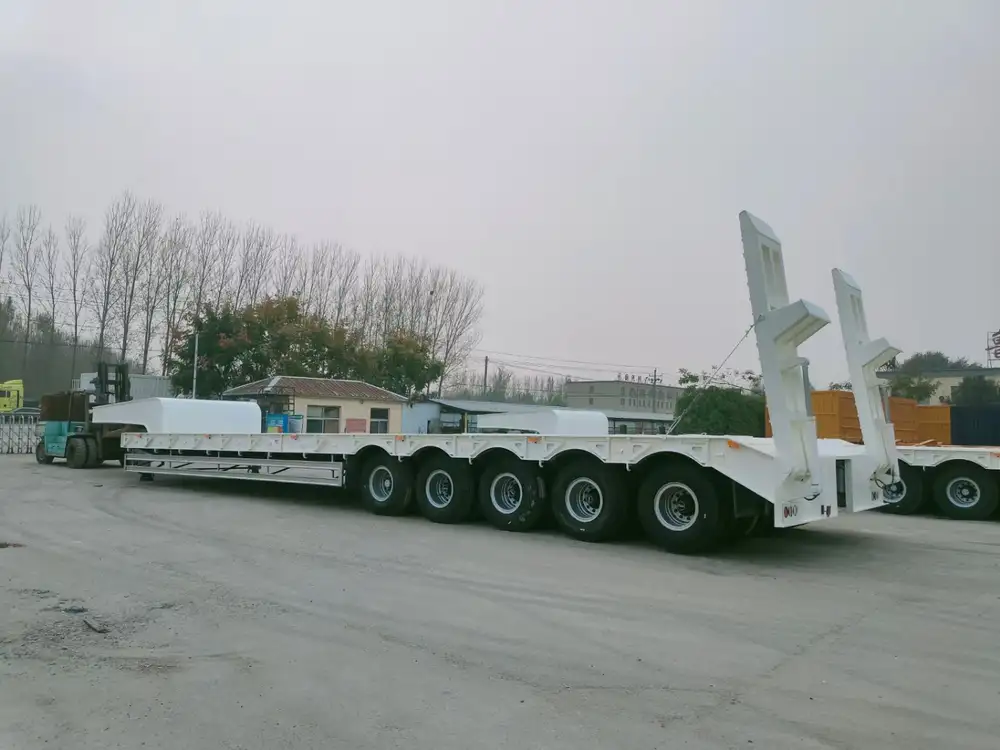
What is a Skeletal Container Semi Trailer?
A skeletal container semi trailer is a specialized vehicle designed primarily for transporting shipping containers. Unlike traditional flatbed trailers, these skeletal structures typically lack a solid floor and are engineered to support containers securely. This design allows for the efficient transport of both standard and high-cube containers, making them indispensable in the freight transport sector.
Key Characteristics
| Feature | Description |
|---|---|
| Length | Most commonly 20ft, accommodating standard container sizes. |
| Weight Capacity | Typically ranges from 30,000 to 50,000 lbs, depending on the materials used. |
| Construction Material | Usually constructed from high-strength steel or aluminum for durability and reduced weight. |
| Design | Open design that facilitates easy loading and unloading of containers. |
| Versatility | Can be used for various container sizes, including 20ft and 40ft containers when appropriately configured. |
Advantages of 20ft Skeletal Container Semi Trailers

1. Enhanced Maneuverability
One of the prime advantages of skeletal container semi trailers is their compact design. The 20ft length allows for improved maneuverability, especially in urban settings and congested docking areas. This characteristic is particularly crucial for companies that operate within tight spaces, ensuring efficient delivery and pickup processes.
2. Cost-Efficiency
Skeletal trailers are constructed with fewer materials than traditional trailers, which not only reduces manufacturing costs but also lessens weight. This results in better fuel efficiency, translating into lower operating costs. For fleet operators, every penny saved on fuel can substantially increase profit margins over time.
3. Flexibility in Operations
The open design of skeletal trailers provides businesses with a flexible platform to transport a variety of container types. Whether you are shipping standard containers or specialized ones, the 20ft skeletal semi trailer accommodates diverse freight needs, enhancing operational versatility and efficiency.
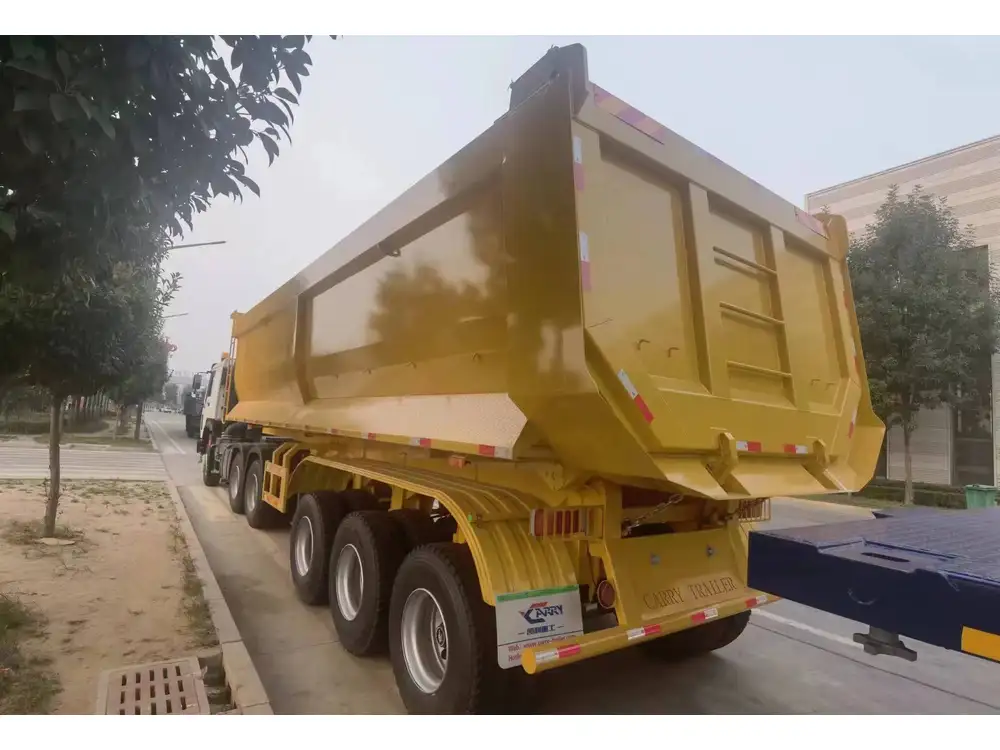
4. Faster Loading and Unloading
The skeletal structure of these trailers allows for quick attachment and detachment of containers, expediting the loading and unloading processes. Users benefit from reduced downtime, which is crucial in logistics where time is often of the essence.
Structural Features of 20ft Skeletal Container Semi Trailers
1. Chassis
The chassis is the backbone of the skeletal trailer. Designed to provide support and stability, it is essential for handling heavy loads without compromising safety. Typically designed with a low-profile, the chassis ensures better aerodynamics and an overall lighter trailer.

2. Axle Configuration
A standard 20ft skeletal trailer often features a tandem axle configuration, which increases load stability and improves weight distribution. This setup minimizes wear on the tires and enhances handling, particularly when navigating sharp turns or uneven terrain.
3. Kingpin and Coupling Systems
The kingpin is a critical component that connects the skeletal trailer to the tractor unit. The design of the kingpin and coupling system is engineered for easy attachment, ensuring safety during transit. A robust coupling system can handle a high degree of stress, allowing for effective towing even under heavy load conditions.
4. Suspension System
Most modern 20ft skeletal container semi trailers are equipped with advanced suspension systems, providing shock absorption and enhancing the ride quality. A well-designed suspension system reduces the impact of bumps and road irregularities on both the trailer and the cargo, protecting the integrity of the containers during transport.
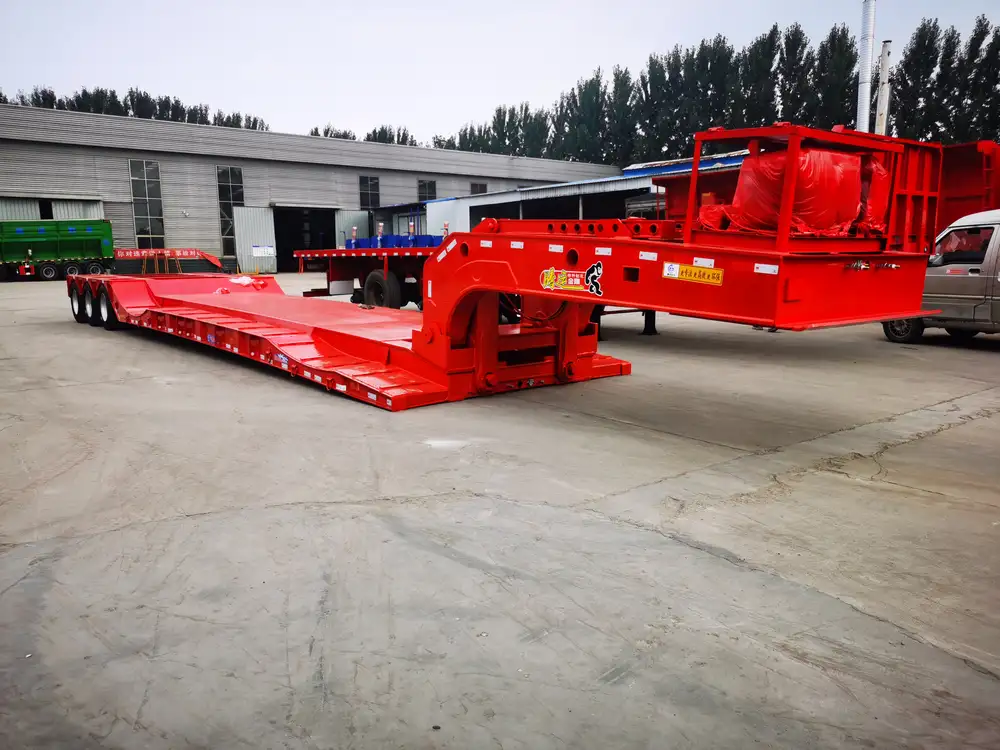
Considerations When Purchasing a 20ft Skeletal Container Semi Trailer
1. Load Capacity Requirements
Before selecting a skeletal trailer, assess your specific load capacity requirements. Demand for heavier loads may necessitate opting for a trailer with a higher weight rating. Verify the specifications to ensure compliance with local regulations governing weight limits.
2. Material Quality and Durability
Investing in a high-quality trailer is critical for long-term performance. Look for trailers constructed from durable materials, such as high-strength steel, which offer better resistance to wear and environmental factors. Prioritize manufacturers known for their commitment to quality craftsmanship.

3. Maintenance and Support
Consider the level of support and maintenance offered by the manufacturer. A reputable company will provide comprehensive warranties, parts availability, and customer support. Establishing a reliable maintenance routine helps extend the lifespan of the trailer, enhancing your return on investment.
4. Customization Options
Many users have unique operational needs. Investigate customization options to tailor the skeletal trailer to your specific requirements. Features such as adjustable height, additional tie-down points, or enhanced suspension systems can significantly improve functionality.
5. Compliance with Regulations
Ensure that the trailer complies with local and international transport regulations. This can include axle weight limits, load distribution requirements, and specific safety features mandated by transportation authorities. Taking these regulations into account can help avoid costly fines and enhance operational efficiency.
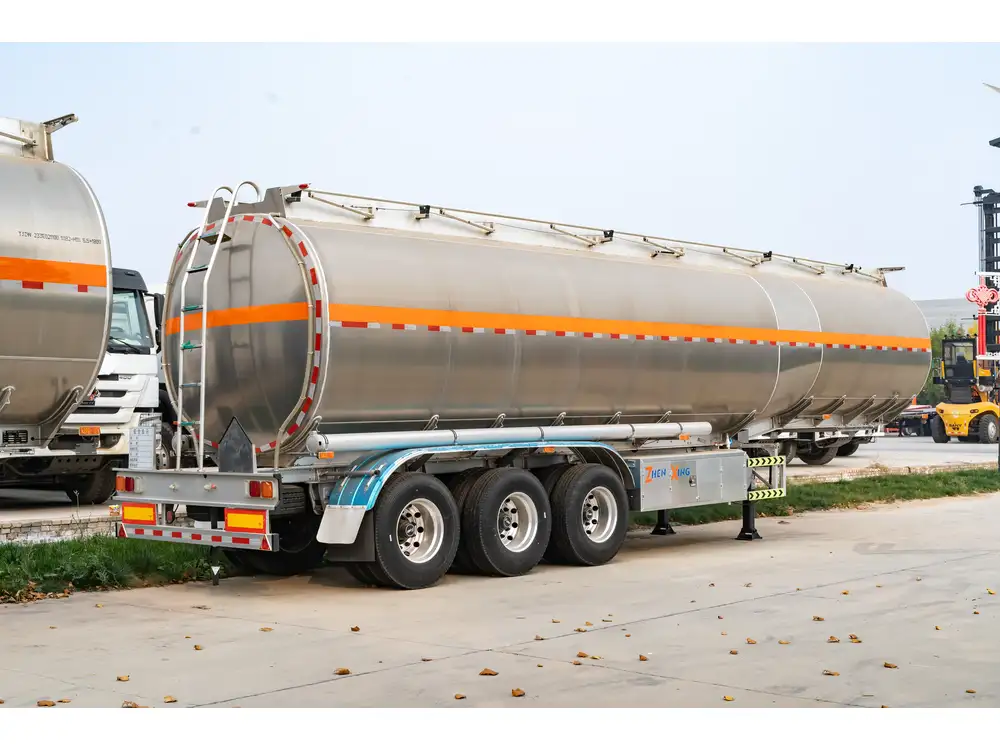
Comparing 20ft Skeletal Container Semi Trailers to Other Types
Table: Comparison of Semi Trailer Types
| Feature | 20ft Skeletal Container Trailer | Standard Flatbed Trailer | Refrigerated Container Trailer |
|---|---|---|---|
| Primary Use | Transporting standard containers | General cargo shipping | Temperature-sensitive goods |
| Load Configuration | Optimized for container fitment | Versatile for various cargo types | Special provisions for refrigeration |
| Weight Capacity | Up to 50,000 lbs | Variable based on design | Generally similar to skeletal |
| Maneuverability | High | Moderate | Moderate |
| Cost | Generally lower | Varies widely | Typically higher |
Future Trends in Skeletal Container Trailers
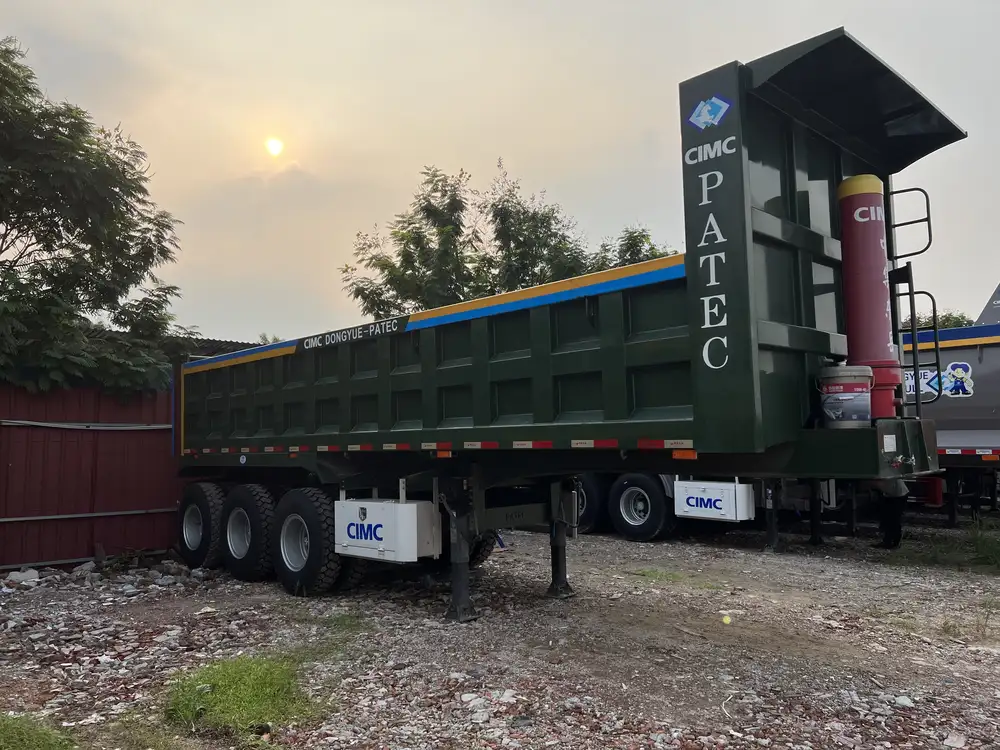
1. Technological Innovations
The future of 20ft skeletal container semi trailers lies in technological advancements. From GPS tracking for enhanced logistics management to automated loading systems, technology is poised to dramatically transform trailer functionality. Fleet operators should remain attuned to these trends to maintain their competitive edge.
2. Sustainability Initiatives
As sustainability becomes a critical focus within the transportation industry, manufacturers are integrating eco-friendly materials and technologies in trailer construction. Lightweight designs not only enhance fuel efficiency but also reduce carbon footprints. Look out for trailers incorporating recycled materials or innovative manufacturing processes aimed at reducing environmental impact.
3. Regulatory Changes
Anticipate evolving regulations regarding freight transport safety and environmental standards. Staying informed allows businesses with a vested interest in transportation to adapt their strategies accordingly, ensuring compliance and enhancing operational efficiency.
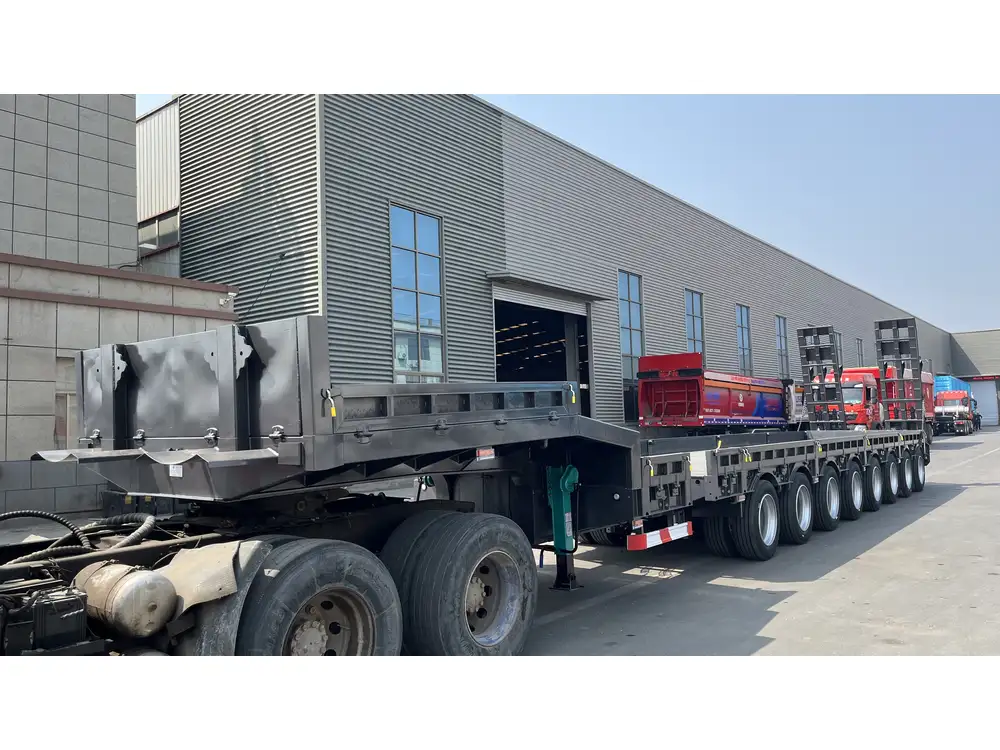
Conclusion
Selecting the right 20ft skeletal container semi trailer can significantly influence the efficiency and profitability of logistics operations. Understanding the variety of features these trailers offer, aligned with your unique business needs, will bolster your operational capacities. By exploring the advantages, structural features, and market comparisons outlined in this guide, you’re well-equipped to make an informed purchase that drives your business forward. Embrace the flexibility and efficiency of skeletal trailers to meet the challenges of today’s fast-paced logistics landscape.



